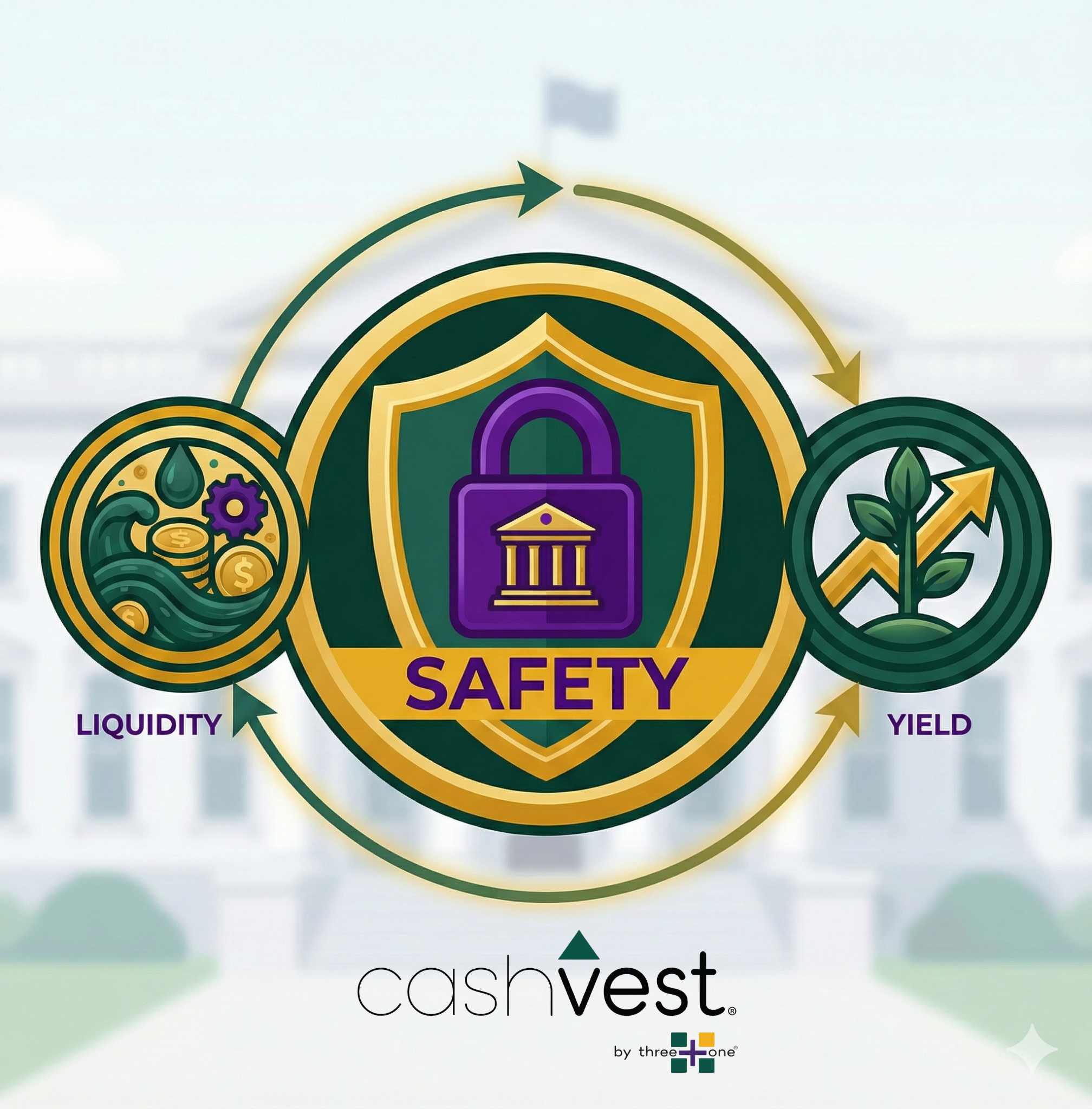I recently attended the Bank Innovation 2017 conference, held in San Jose, CA. From my perspective, this year’s conference had a completely different tenor from the one a year ago. Something had changed over the past year, but it was something that we have been talking about at various conferences for over a year.

Now we are starting to see it happen.
For much of the past three or four years when you read a blog or news article about startup financial technology (FinTech) companies, it had been in light of bank disintermediation or disrupting banks. As exciting as that sounds to startup companies—and those that may not favor the banks—it had always been seen as a herculean task.
At the various conferences at which we have presented, we opined that the more likely scenario would have banks watching FinTech developments and, when the time was right, either purchase or partner with the firm whose FinTech products and services appeared to have longevity and would likely appeal to broad consumer groups.
This indeed is what had changed from the 2016 conference. Big banks had a major part of the agenda this year. No longer was the discussion around bank disintermediation, but rather around bank partnerships. Small FinTech startups no longer looked at banks as the Goliath to defeat but rather as potential partners, customers, and vehicles to make the innovations they’ve created broadly available to large consumer markets.

The banks themselves recognized the need for small FinTech partners, because they recognized that they are indeed large institutions, with large risk/compliance, purchasing, and legal departments that slow the rate of innovation internally.
The other significant change was a shift from the innovation hype itself (the “let’s run and look at every new thing being thought of” mindset) to practical, real solutions that have the longevity needed to change how people transact financially.
This was exciting. I left the conference thinking that we are indeed getting closer to a time when checks will no longer play a significant role in our financial services—perhaps even being eliminated entirely. For the first time, I left with a sense of urgency, feeling that those organizations that do not proactively manage their way through the changing landscape of payment technology will one day wake up and have it forced upon them.
That will be an expensive and painful reality.


